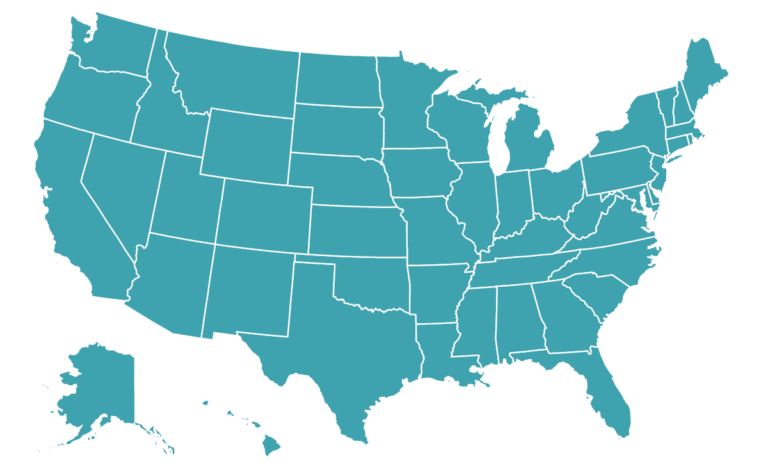Psychology Schools Near Me
There are options for psychology schools and programs in every state. Psychology degree options include short associate's degree programs all the way through doctorate-level degrees. It is sometimes possible to start in a basic program and transfer the credits to a more advanced option. This lets you get started in your chosen field quickly, even as you work to expand your opportunities with a higher degree.
Our state-by-state psychology school listings make choosing your path and starting your psychology career easier than ever.

Schools with Psychology Programs
Psychology programs come at all degree levels, and many schools offer them. The associate’s degree program is the lowest level, which accepts people just out of high school. Since it’s a two-year program, it is often found at community colleges.
Bachelor’s, master’s, and doctorate degree programs such as the Ph.D. or PsyD are typically offered by full-scale universities. These are often referred to as “four-year” institutions because the standard amount of time it takes to get a bachelor’s degree is four years. Despite this, the master’s degree typically takes another two years to complete, and the doctorate is variable based on specialization, etc. Online psychology programs at these degree levels are also increasingly popular, allowing students to complete their education from anywhere.
If advancing via a full degree program is cost or time-prohibitive, another option is to get a graduate certificate in an area of psychology (available to those who already hold a master’s or sometimes a bachelor’s degree). The requirements for these vary, as do the schools that offer them, but they can often be completed in around a year.
Psychology Degree Program Accreditation
All good psychology degree programs are accredited by reputable organizations. Accreditation shows that the programs impart worthwhile knowledge that graduates can use for their careers. It is not only required by almost all employers but also by other schools if you seek to transfer your credits. Doctorate degree programs will also insist that your undergraduate studies have been completed in accredited programs.
For doctorate programs, the top accrediting agency is the American Psychological Association (APA). It is the only group authorized by the U.S. Department of Education for this purpose.
Lower degree programs may also be accredited by the APA, but the organization doesn’t have a monopoly on these as it does with doctoral programs. Some agencies, like MPCAC and CACREP, accredit counseling programs in particular rather than those for general psychology. Other specialties also have groups that accredit them at various levels.
Regional accreditation agencies typically take care of degree programs below the master’s level. Therefore, it’s a good idea to find out which agencies cover schools in the area where you intend to study. One way to find out which ones are good is to check if a school you know has an excellent reputation with employers. They are almost sure to be accredited by top agencies at all levels. You can then check to see if other schools of interest have these same accreditations. Be wary of any that claim to be accredited by agencies with names you don’t see anywhere else.
Each state may have different requirements. To find out specific requirements, click on your state.

- AL Alabama
- AK Alaska
- AZ Arizona
- AR Arkansas
- CA California
- CO Colorado
- CT Connecticut
- DE Delaware
- FL Florida
- GA Georgia
- HI Hawaii
- ID Idaho
- IL Illinois
- IN Indiana
- IA Iowa
- KS Kansas
- KY Kentucky
- LA Louisiana
- ME Maine
- MD Maryland
- MA Massachusetts
- MI Michigan
- MN Minnesota
- MS Mississippi
- MO Missouri
- MT Montana
- NE Nebraska
- NV Nevada
- NH New Hampshire
- NJ New Jersey
- NM New Mexico
- NY New York
- NC North Carolina
- ND North Dakota
- OH Ohio
- OK Oklahoma
- OR Oregon
- PA Pennsylvania
- RI Rhode Island
- SC South Carolina
- SD South Dakota
- TN Tennessee
- TX Texas
- UT Utah
- VT Vermont
- VA Virginia
- WA Washington
- WV West Virginia
- WI Wisconsin
- WY Wyoming
